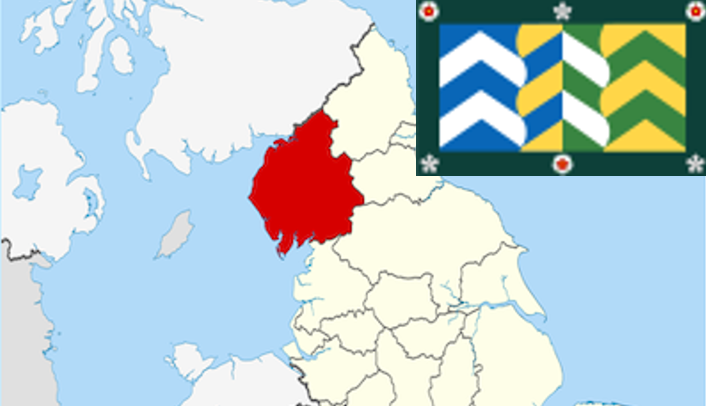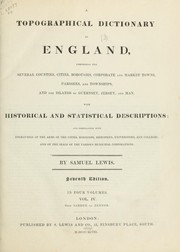Topics > Civil Parishes in Cumbria > Lowick Civil Parish > Lowick, Ulverston, 1848
Lowick, Ulverston, 1848
LOWICK, a chapelry, in the parish and union of Ulverston, hundred of Lonsdale north of the Sands, N. division of Lancashire, 5½ miles (N.) from Ulverston; containing 374 inhabitants. William de Lancaster, first baron of Kendal, granted certain lands here, temp. Henry II., to the Towers family, who conveyed them to the Lofwics in the reign of John. The estate was held by the Lofwics until it passed by marriage, in the reign of Henry VI., to the family of Ambrose, in whom it continued by descent till 1684, when, on failure of male issue, it came into the possession of the Latus family. The river Crake forms the eastern boundary of the chapelry; and the Ulverston and Broughton-inFurness road, the Broughton and Kendal road, and that between Ulverston and Coniston, pass through it. The surface is varied: in some parts the soil is very productive, in other parts there is much waste land; and the scenery, which is interspersed with wood, partakes in every direction of the mixed character of hill and dale. At Gawthorpe are some slate-quarries of ancient date, but they are now not profitable; others have been recently opened at Stone Dykes, from which large quantities of slate are obtained. There is a spade manufactory at Lowick Green, where a few hands are employed. Lowick Hall, formerly the residence of the Blencowes, and now the seat of the Misses Everard, maternally descended from that family, stands in a retired and beautiful situation, surrounded on all sides by trees, some of which are of ancient growth; a part of the building bears traces of great antiquity, but the greater portion is not more than a century old: it contains several paintings of considerable merit and value. The living is a perpetual curacy, with a net income of £90, and is in the patronage of the Misses Everard, who are the impropriators: there are a glebe-house, and a glebe of 8 acres. The chapel is a neat structure with accommodation for 250 persons; it was erected in 1817 (the former chapel being ruinous), at an expense of £300.
Extract from: A Topographical Dictionary of England comprising the several counties, cities, boroughs, corporate and market towns, parishes, and townships..... 7th Edition, by Samuel Lewis, London, 1848.



